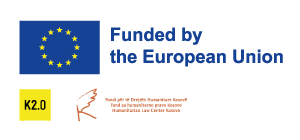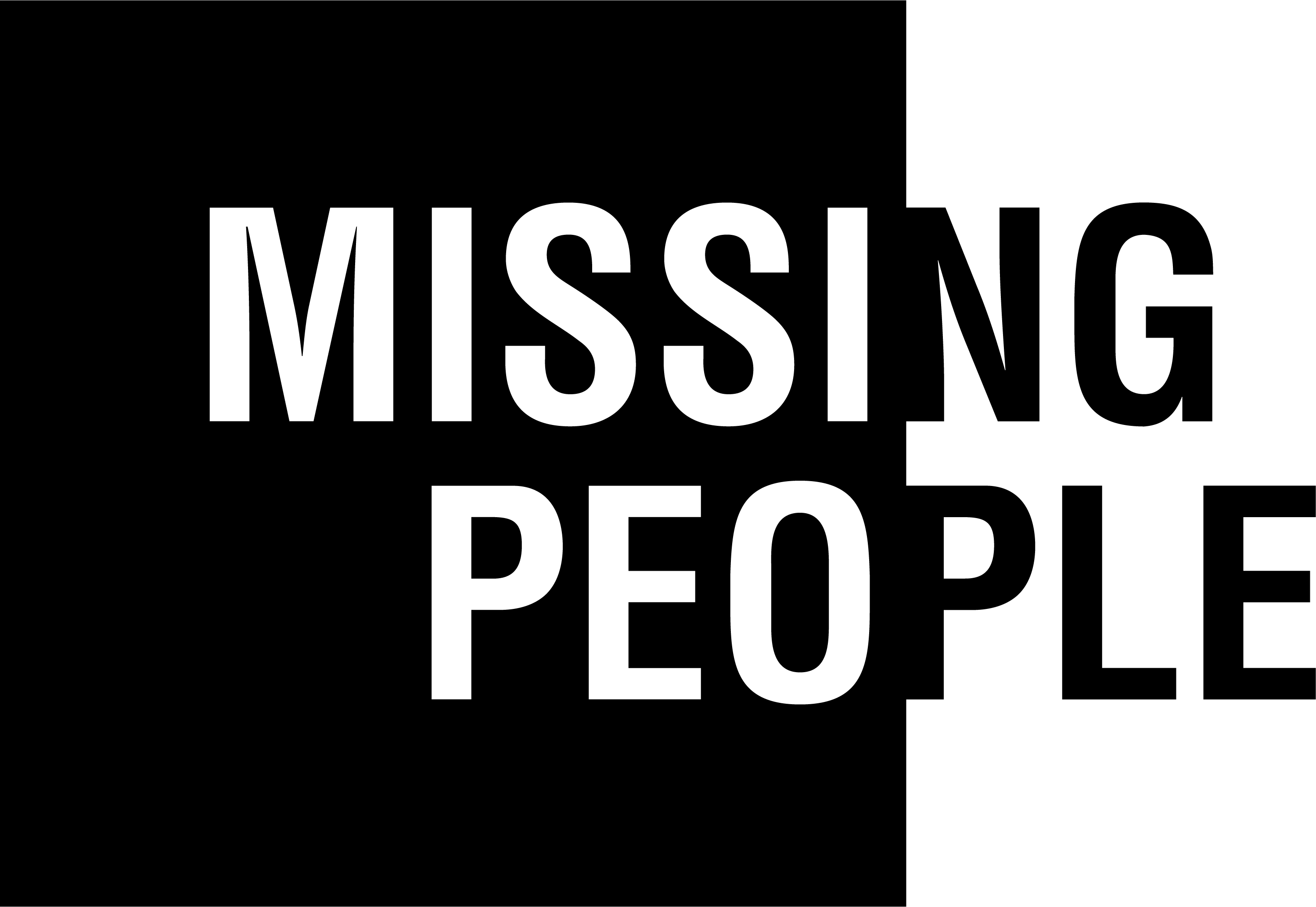For many survivors of sexual violence, the long-term effects of post-traumatic stress disorder (PTSD) can be just as serious as was the traumatic experience itself. Many people develop PTSD after being exposed to major traumas, such as war experiences. Since the end of the war in Kosovo, activists for sexual violence survivors, war victims and their families are insisting on the importance of addressing this issue at a societal level.
While there is wide documentation about the need and significance of providing support and treatment to anyone who went through torture and traumatic events during the war — as is the case with survivors of sexual violence — there is less knowledge of the long-term effects that could be transmitted to the next generations.
In recent years, the Kosovo Center for the Rehabilitation of Torture Victims (KRCT), a leading organization in protecting and promoting the rights of survivors of sexual violence during Kosovo’s war, has been trying to include in public debate the topics of intergenerational trauma and the transmission of trauma from one generation to the next.
KRCT and the Danish Institute against Torture in Denmark (DIGNITY), supported by the University Hospital of Copenhagen and the University of Monash in Australia, published a wide epigenetic research report about intergenerational trauma in Kosovo. The study shows possible mechanisms that explain how the effects of trauma can be transmitted from one generation to the next. The study emphasizes the importance of early examinations for the children of women who experienced sexual violence during the war, especially those showing symptoms of PTSD during pregnancy.
In today’s podcast, our journalist, Dafina Halili talks with Selvi Izeti, clinical psychologist at KRCT, about PTSD and intergenerational trauma.

This podcast was produced with the financial support of the European Union. Its contents are the sole responsibility of Kosovo 2.0 and Humanitarian Law Center Kosovo and do not necessarily reflect the views of the European Union.


